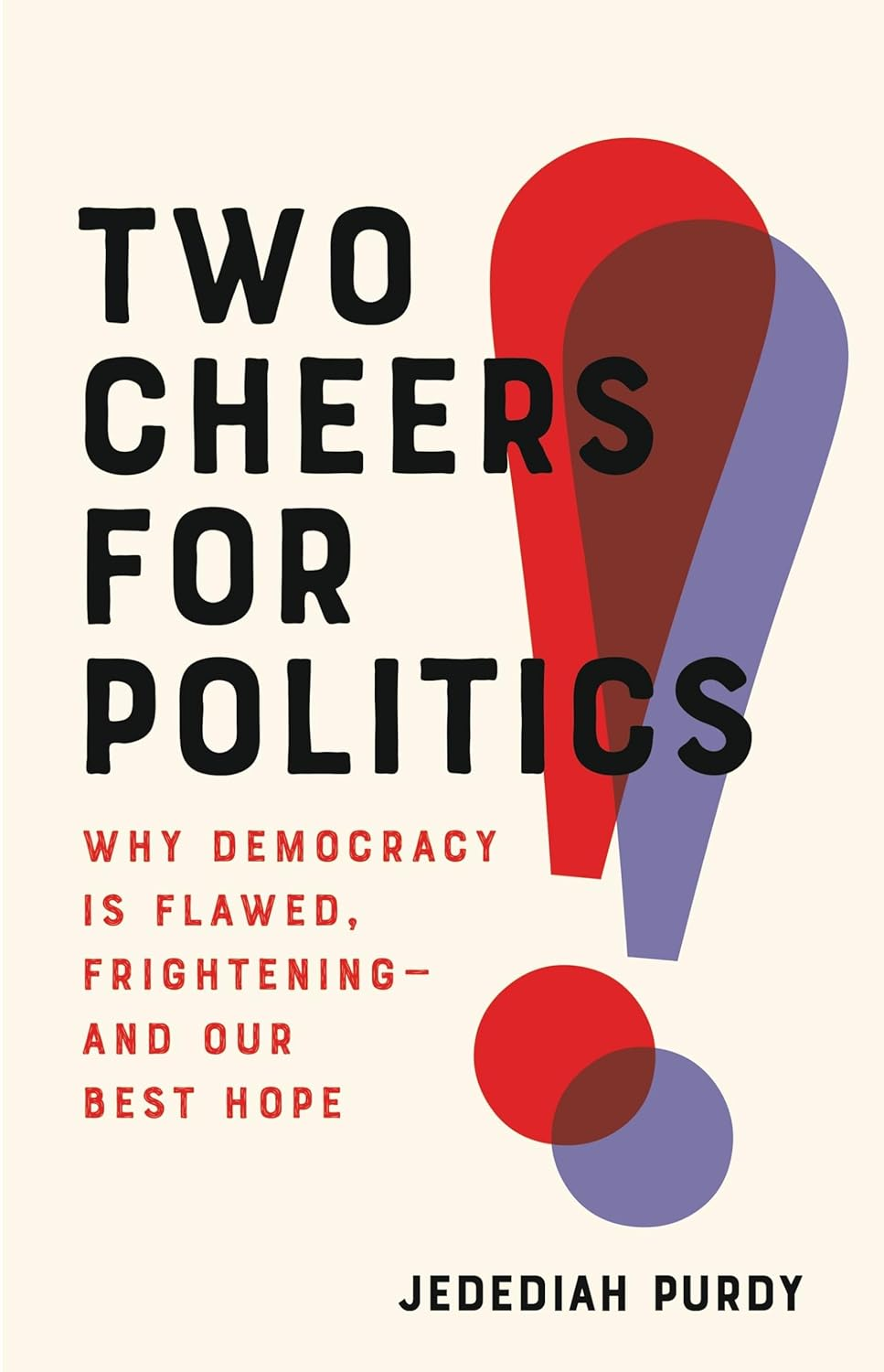Purdy arguably overstates the degree to which elites and would-be elites prided themselves, at the end of the 20th century and the start of the 21st, on being “postideological” and pretending that no more was at stake in political life than “marginal disagreements over the shape of good governance” in keeping with capitalist imperatives. Political opinion during the years of Bill Clinton’s presidency was hardly consensual, even on economic questions—as a number of new books on the rise of a distinctive post-Reagan right, led by figures like Pat Buchanan and Newt Gingrich, remind us. There is no doubt, though, that a “market-first” political economy, as Purdy puts it, was embraced to a considerable degree by both sides of the aisle and remains the root cause of many of our troubles today.
More original is Purdy’s claim that a focus on norms, culture, and customs, not to mention an “endless conversation” style of governing that he associates with former president Barack Obama, has simultaneously played a critical role in depleting real politics and establishing “an arbitrary limit to collective choice.” The villain in this part of the story is not an economist but a philosopher: Alexis de Tocqueville, who saw the success of American democracy in the 19th century as stemming in large part from shared mores, or what he described as preexisting habits of feeling and judgment derived from a common (read: white, patriarchal, lawyerly, and Christian) culture. In Tocqueville’s wake, Purdy argues, others—not least today, in response to Trump—have championed “democratic norms” again in the hope of limiting the scope and intensity of real political conflict, if not replacing democratic agonism entirely. But for Purdy, the very idea of a common culture, shared and ordinary, is actually a piece of convenient ideology, much like free market thinking, that is conservative at its core insofar as it disguises the fact that politics is primarily a contest over who gets what.
Indeed, the idea of shared mores also works to further solidify the cohesiveness and power of a financial and racial elite, Purdy points out. At a time when so much of the pundit class is eager to find ways to restore “a perduring American consensus” or to reignite a common set of political signs, symbols, and rituals, Purdy isn’t especially anxious about us not getting along. On the contrary, he thinks we need to duke it out—to fully engage on equal terms in the struggle over material distribution that is political life—if we want to make any headway on our most pressing concerns. (Here, Bernie Sanders gets a passing shout-out for bucking the dominant trend and offering the rare “ideas-based campaign” that is a vehicle for making demands previously long outside the political mainstream.) Purdy’s position is that “democracy does not take care of itself, any more than the economy, society, or the environment does. If we need democracy to address crises in all those areas, we also need to tend democracy’s own crises.” And like Hannah Arendt on lying, Purdy insists that a little norm-breaking along the way isn’t always so bad. It’s also a way to make things happen. Again, it is difficult to disagree at this moment.
